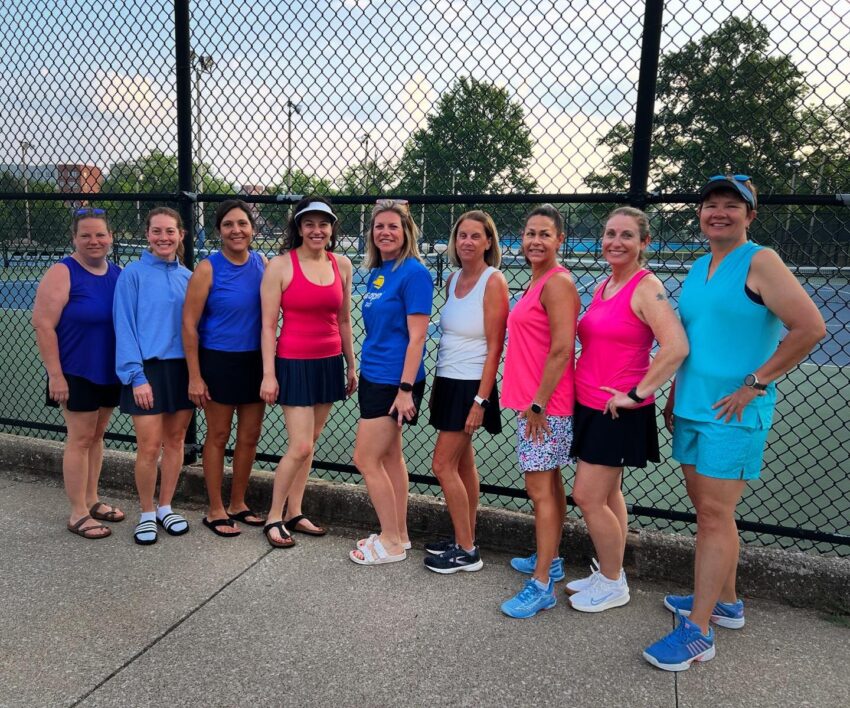Mid-Life Crisis? Really?
I don’t know about you, but when I hear the phrase mid-life crisis I immediately picture a balding man speeding away in his convertible red sports car, leaving his devastated family behind. Whatever your picture is, I would like to challenge your thinking about the life cycle we all thought of as impossibly old when we were mere babies; teenagers.
The middle stage of life has long been depicted with canes and an image of tipping over the peak of that life mountain we visualize. But – there is more to it.
Studies show that our brain becomes better integrated during middle age – allowing us to achieve greater creativity. The maturity we gain along the way tends to add a depth of perspective to our life, squashing negative emotions and opening up possibilities.
That brain we carry around is a fantastic muscle that responds beautifully when flexed consistently and challenged in new directions. The great prodigy of his day, Erik Erikson, coined the mid-life crisis decades ago when writing his 8 stages of psychosocial development. Erikson has received his share of criticism over the years, but to be fair to the poor guy who never reached that stage himself, he was on to something. His theory proposes that each stage of development presents with a crisis or challenge that needs to be resolved in order to progress in a healthy manner. We all linger here, reevaluating our mortality and accomplishments. It’s quite healthy to question and ponder what is next? In other words, a middle-age crisis is a great place to be!
Current research indicates that the best years of our productive life are still ahead of us at the age of 40. In our youth, we tend to be ruled by our amygdala. That’s the emotion control center in our brain that reacts to perceived or real threats. By the time we are nearing the middle stage of life, we are less impulsive and have a better neurological framework for perspective taking. In other words, we don’t overreact as much and don’t let the little stuff get us as twisted. We also don’t give a rodent’s behind about the judgements of others – at least not as much.
Another exciting part of mid-life includes how we are finally endowed with a great layer of base knowledge in many areas and our interpersonal skills have continued to develop making for a winning combination. We are resilient, capable of adapting to obstacles life throws at us. The life experience and slightly slower processing time at middle age allows us to make better decisions and have less regret.
It’s also important to capitalize on the opportunity before you. According to research published in Developmental Psychology by Malone and Liu in 2015, our global cognitive function and executive functioning levels (planning and self-regulation) will be stronger in late-life if we concentrate on developing psychosocial skills at our highest potential in mid-life. It makes perfect sense.
How do we do that? Set aside time to review your unique skills, experiences, and knowledge base. What do you have to offer vocationally? It may be time to look for a promotion or change that challenges you in directions you haven’t considered. Look around for stimulating work, even if you have retired. You have honed a perfect set of talents and skills coupled with a fully developed social-emotional base, begging for the chance to guide and direct others. It is critical for your future stage that you continue expanding your engagement with the world and establish productivity in a meaningful way.
Keep practicing your well-developed analytical abilities and dive into creative pursuits. Many of us get to this point and wonder why pursue more or put ourselves through further stress – we’ve earned the right to take it easy. Yes, but, I offer an argument for that logic: It’s what we accomplish in life that matters, not what we get out of doing. Those accomplishments are vital to your eyes only – not necessarily for the attention of the world. This season is more internal, about living with reassurance that we can pass on to the next generation.
List all the things you have not yet tried that are interesting. Sewing, raising sheep, gardening, building furniture, mentoring children, painting, identifying wildlife, hiking, blogging about your adventures, or becoming the boss at work. Add another chapter or several, for that matter, to your life book. Your next stage self will thank you.






Leave a Reply